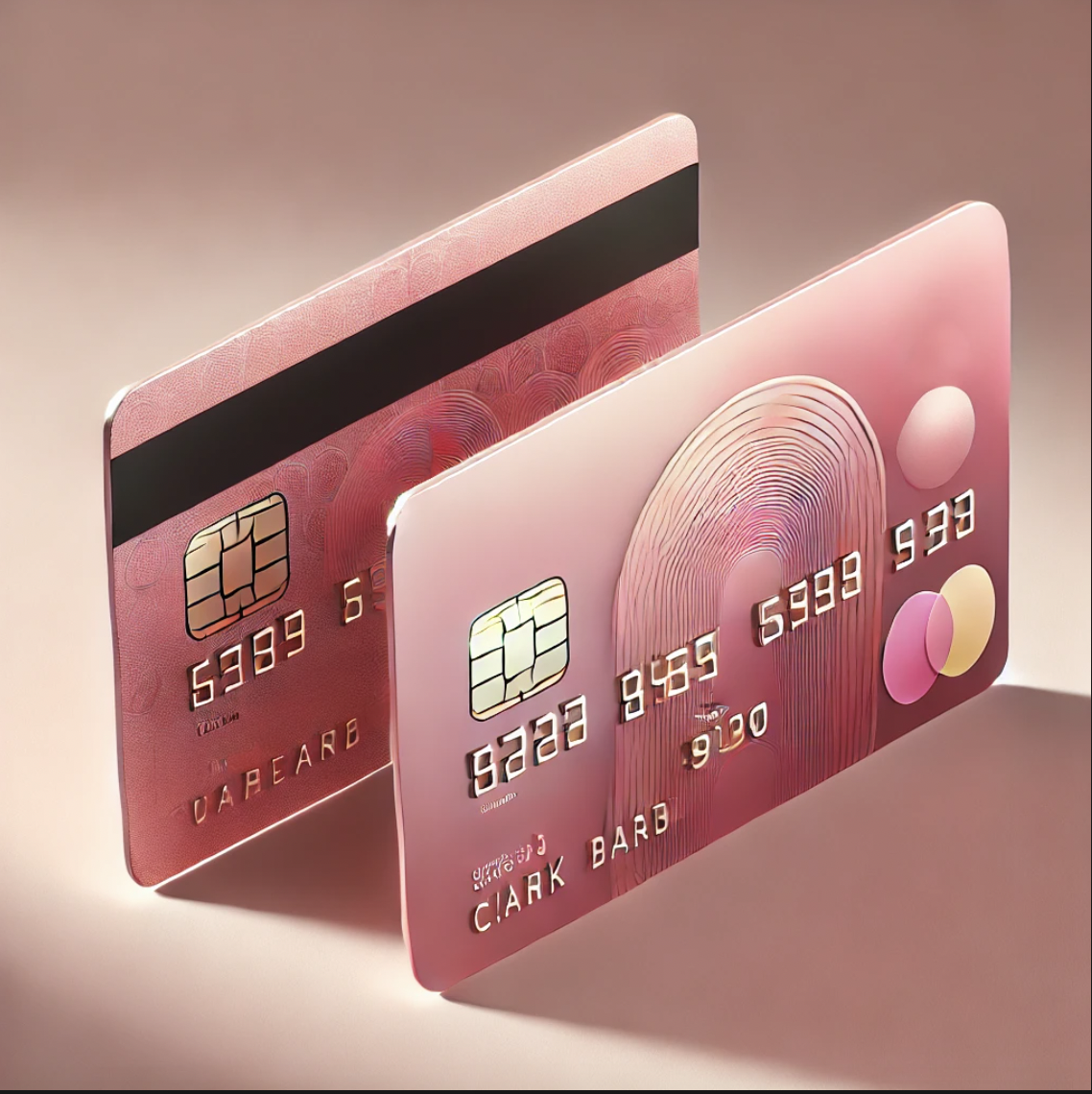Credit Card vs Debit Card: What’s the difference?
"Every day, people use credit and debit cards without thinking twice. But do you know the real difference between them? Understanding how they work can help you make smarter financial choices!" While this may seem overwhelming, ProspHer wants to help make this confusing world of finance a bit clearer.
Firstly, what is a credit card?
A credit card lets you make purchases, pay bills, or withdraw cash up to a certain limit. It’s like borrowing money from the bank, but you have to pay it back. If you don’t pay it all back on time, the bank charges extra money called interest. Some credit cards also give rewards, like points or cashback, when you use them.
Some keywords that are essential to know regarding a credit card include:
Credit Limit: The maximum amount you can borrow.
Credit Score: A credit score is a number that shows how good you are at borrowing and paying back money. A high credit score helps you borrow money more easily for big things like a house or car. A low score makes borrowing harder and more expensive because banks don’t trust you as much.
Interest Rate (APR): The cost of borrowing if you don’t pay the full balance by the due date.
Minimum Payment: The smallest amount you must pay each month to avoid penalties.
Rewards & Benefits: Some credit cards offer cashback, travel points, or other perks.
Fees: Possible charges include annual fees, late payment fees, and foreign transaction fees.
Next, let us discuss a debit card.
A debit card lets you spend money directly from your bank account. When you use it to buy something, the money comes out of your account right away. Unlike a credit card, you can only spend the money you already have, so you don’t have to worry about paying it back later.
Some keywords that are essential to know with a debit card include:
Balance: The amount of money you have in your bank account.
Transaction: Anytime you use your debit card to buy something or take out money.
Overdraft: When you spend more money than you have in your account, sometimes leading the bank to charge you a fee. For example, if you have $50 in your account but you want to buy something for $60, the bank may allow the transaction to occur but will charge additional fees.
Withdrawal: Taking money out of your account.
Deposit: Adding money to your account.
So you may be wondering, what is the difference?
Source of Funds: A credit card allows you to borrow money from the bank while a debit card takes your own money.
Interest charges: When using a credit card, if you don’t pay your balance in full by the due date, there will be interest charges whereas for a debit card, there will be no interest because it’s your own money.
Credit Score: A credit card affects your credit score because it can help build credit if used responsibly whereas a debit card has no impact on your credit score.
Fraud Protection: Usually, credit cards have stronger protections against fraud whereas debit cards have limited fraud protections with some security features.
Spending limit: Credit cards have a pre-set credit limit created by the bank whereas debit cards have a limited spending limit based on the balance in your bank account.
Rewards and Perks: Credit cards may offer you points and travel rewards whereas debit cards usually have no rewards.
Overdraft possibility: With a credit card, you can exceed the credit limit with fees whereas with a debit card, you can overdraft if you do not have enough funds but only sometimes it has fees.
So, how do you know when to use each one?
A credit card is great for building credit, making big purchases, or earning rewards whereas a debit card is great for everyday purchases, budgeting, and avoiding debt.
It is important to understand that neither card is “better” than the other.Both credit and debit cards are useful tools when used wisely. Before choosing one, think about your spending habits and financial goals. Which card suits your needs best?



